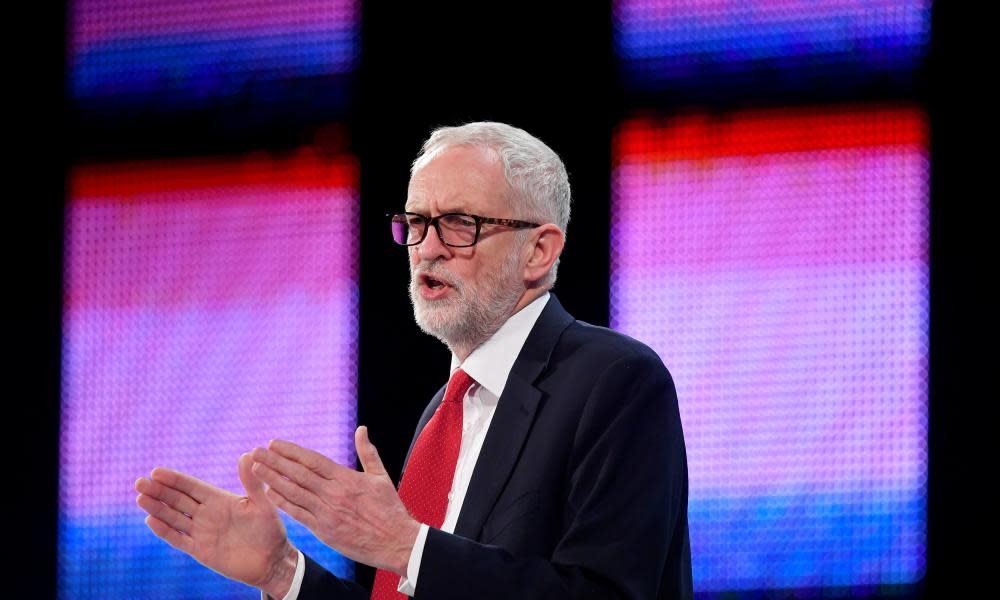The Guardian view on Brexit chaos: a threat to break up Britain

The United Kingdom has a sweet deal with the EU, enjoying more of the benefits and suffering less of the burdens of membership. This country is outside the euro, is not part of the Schengen border-free area and gets a hefty rebate from the EU budget. Britain’s influence and standing was the reason we have such a good bargain. That ended when this country voted to leave the EU in 2016. This was a self-inflicted blow of historic proportions, enabled by preening fantasists who peddled falsehoods. However, as the terms of the UK’s withdrawal from the EU continue to be unveiled, deluded politicians face moments of pure clarity. Brexiters are shocked to discover what was obvious all along: there is no easy, cost-free way for the UK to leave the EU. Theresa May’s blueprint sees Britain being out of Europe but run by it for at least two years. This will be followed by a future partnership negotiated by trading immigration control for access to European markets. It was the prime minister of Luxembourg, Xavier Bettel, who nailed our predicament back in 2016: “Before, they were in and they had many opt-outs; now they want to be out with many opt-ins.”
The EU and UK must take a clear view of their near-term goals, but also of their long-run interests and interdependences. Brussels says Britain will not be allowed to pick and choose at will policies that it wants to participate in or abstain from. Yet it is clear that the EU cannot be too absolutist. Mrs May’s plans are unlikely to pass the Commons. Labour’s analysis of her proposal has the virtue of throwing into sharp relief its faults. But Jeremy Corbyn has no roadmap out of the impasse. Few things are certain in this process. However, it is likely that the next two years of Britain’s life outside the EU will see this country subject to the vast majority of EU laws, but with no say in Brussels. This is the “vassalage” that is a necessary stepping stone out of the EU. While in this state, it is worth asking: what if Donald Trump chose to restart trade wars with Brussels? The UK would have to follow the EU’s lead, applying sanctions and tariffs that might suit the continent’s economy, but leave ours exposed to retaliation. It might force Britain to choose between allies and friends. Given that the current occupant of the White House sees loyalty tests as a foreign policy tool, this is a plausible and disturbing scenario that renders laughable the proposition that with Brexit this country recovers a long-lost sovereignty.
It is a paradox that Brexiters who claim to be protectors of the nation state are pursuing a political project that will undermine it. The reopening of the question of Gibraltar is a sign of things of come. Conservative Brexiters have long shown they simply could not care less about Ireland. Their wish to leave the single market and customs union was made without reason. Mrs May initially adopted this pose, until she was forced to concede it would damage the peace process. The prime minister’s transition period will run until at least December 2020. Six months before, there will have to be a decision about whether or not to activate the Irish backstop, a policy of last resort to maintain an open border on the island of Ireland in the event that the UK leaves the EU without securing an all-encompassing future trading deal. Letting the EU have a joint say on the backstop is a sensible idea. Yet it enrages Brexiters, who see reasonable solutions as perfidious attempts to subvert the UK through supranational engineering.
Brexit continues to infect and envenom the union question. If Northern Ireland outside of the EU ends up able to trade, through some clever alignment mechanism, with an EU member state via an open border, then it will lend credence to the idea that other parts of the UK could also be in closer orbit to Europe than England and intra-UK trade ought to be unaffected. That might be why Mrs May is refusing to send powers to devolved parliaments. If this continues, it will bruise the UK’s internal institutional relationships. If left unattended, they will end up functioning even more rancorously in the years after Brexit than they do now. In the worst case, the union might be rent asunder. It is Brexit, not the EU, that represents a very real threat to the UK’s integrity.

 Yahoo News
Yahoo News 
